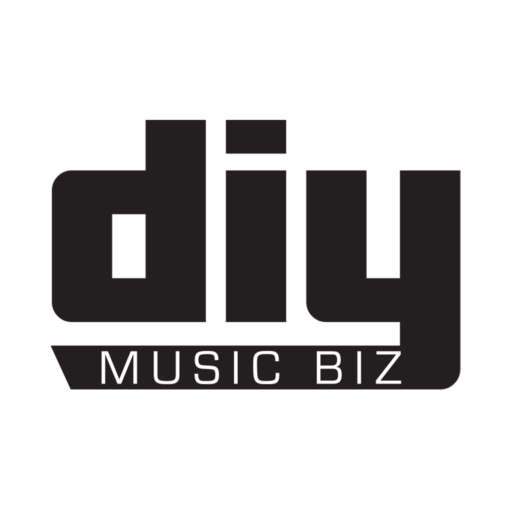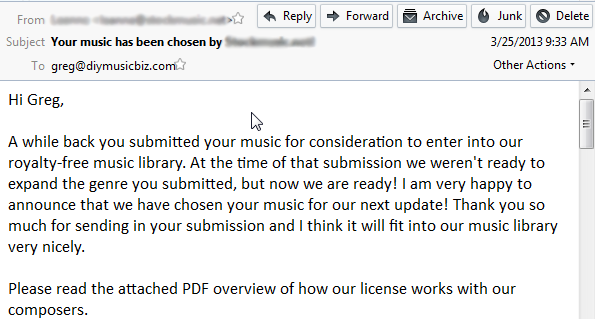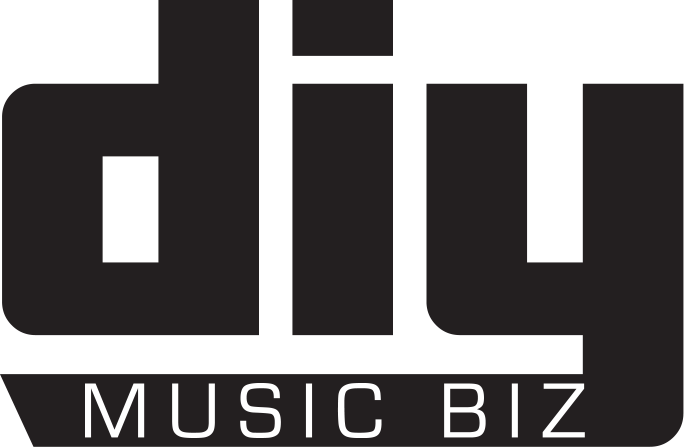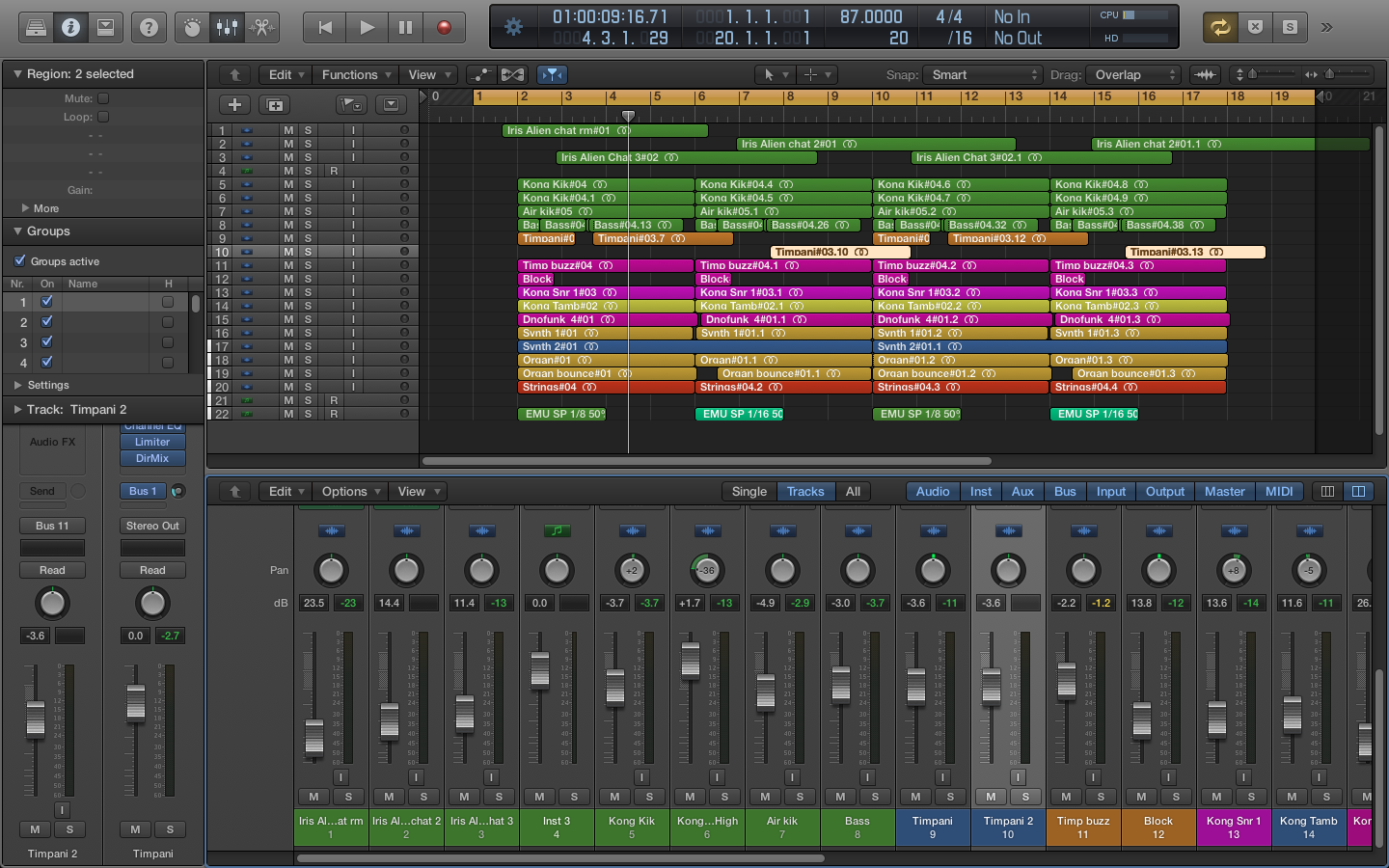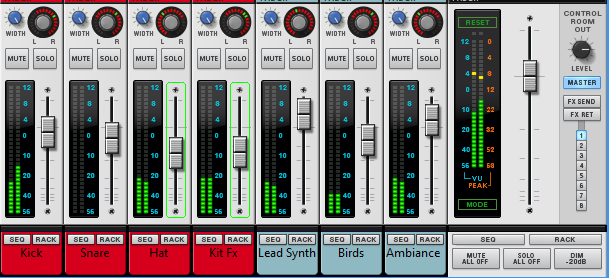I’m a little late updating the results of the 90 Day Music licensing challenge case study. I apologize, I’ve been hit with a few time-consuming projects over the last few weeks…
I have 1 more update after this before I give my final review then I’ll be updating events and results after the challenge. Again sorry for the delay but as they say → Better late than never.
My last post was centered around biased libraries or better yet, libraries that specialized in pitching a limited amount of genres. This update is about converting those libraries.
The trick is all in how you approach people, here’s what I did
1. I Sent My Demo Anyway!
Yep, I did exactly what everyone tells you not to do ‘send your demo to the wrong library’. This is a known no-no, but it works if done correctly. I always ask if the library is willing to take on another genre, sometimes this works other times it doesn’t.
I also try to educate the library owner about the genre (I’m pitching) and its profitability. Now, I’m not trying to be cocky or present myself as a know it all, but I can tell when someone is uneasy about something due to a lack of understanding.
If I notice even the slightest bit of interest during our conversation I’ll then ask if I can send in my demo just in case they change their mind. This won’t work all the time, but I’ve converted 60% of the libraries using this method.
2. Became A Resource To The Library
Before I go into this method, know that there are 2 ways in which clients find and receive music from libraries.
1) Database/Server/Mass Graves – This option allows the client to browse a huge server full of organized music. Everything is pretty much automated, contracts, transactions,s and even the delivery of the file/music. I call them mass graves because your music isn’t being pitched, it’s just sitting on a server waiting for someone to stumble upon it.
2) Requests – With this option, the client fills out a form describing their project and what type of music is needed. It’s not uncommon for the client to provide the library with temp tracks, graphics, budget…Clips etc.
Basically, anything that helps make their vision as clear as possible.
Libraries that operate in this manner are better (IMO) because they have a more direct connection with their clients and their vendors (composers/artists etc).
Once the library has the request they either dig through their library (personally) for tracks or have their contracted composers create music for the project.
Blah Blah So how does this benefit us?
Well, most libraries don’t openly broadcast their limitations, so I can only imagine the number of projects they’ve passed on.
Do you see where I’m getting at?
I’m not sure if they pass the work on to another library, friends, or what, but I’ve decided to be the person they pass their scraps to :). I just asked if they’d be willing to forward those projects/clients off to me the next time they come in :).
Most libraries were totally fine with doing this. In fact, one owner had her assistant filter out those emails/submissions and send them to me.
We’re talking about over 300 rejected clients over the past few years and this is just 1 library.
Still, Work To Be Done
Now that I have all these leads, I have organized them based on date and genre. I’m going to assume most of these people are no longer in business because this is a field with a high turnover. 1 minute someone wants to direct a movie the next they want to be a real estate investor.
Best to be realistic in this situation, don’t count on the unknown.
I’ll also contact the assistant and ask if she can mass email these clients letting them know that I’ll be contacting them, this way my email doesn’t come off as spam.
That’s all I have for this update, please pass this case study around. I have 1 more update before I dive into all the details and placement opportunities that have surfaced after the 90 Day mark.
